As our understanding of “Organic vs Inorganic Food: A Healthy Lifestyle Choice” ,nutrition continues to evolve, more and more people are getting conscious of the impact their food choices have on their health and the terrain. The dilemma of choosing between organic food and inorganic food has come a content of debate in recent times.
Organic food refers to the yield that’s grown without the use of synthetic fungicides, diseases, or genetically- modified organisms( GMOs). On the other hand, inorganic food is produced using conventional husbandry styles that calculate heavily on synthetic fungicides and diseases.
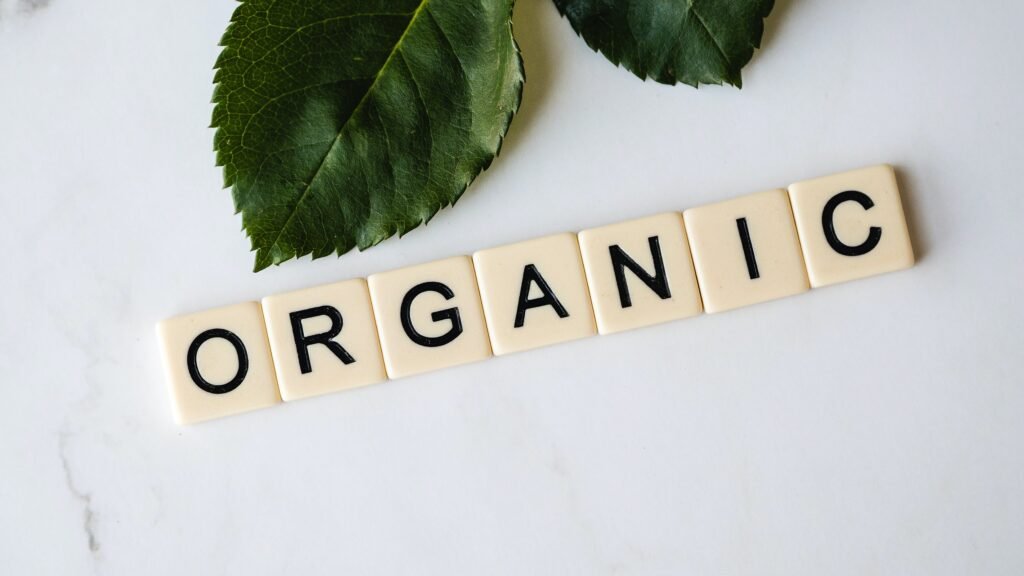
In India, where husbandry is the primary source of livelihood for millions of people, the choice between organic and inorganic food becomes indeed more important. In this composition, we will explore the pros and cons of both types of food and how they impact our health and the terrain.
Organic Food vs Inorganic Food: A Healthy Lifestyle Choice
Key Takeaways
- Organic food and inorganic food are two types of yield that have different styles of product.
- Choosing organic food can profit both individual health and the terrain.
- Inorganic food is produced using synthetic fungicides and diseases, which can have negative health goods on consumers. Making conscious food choices is an important part of maintaining a healthy life in India.
Understanding Organic Food and its Benefits
Organic food refers to food that’s produced using organic husbandry styles, which include the avoidance of synthetic fungicides, diseases, and genetically modified organisms( GMOs). Organic tilling points to maintain soil health, conserve biodiversity, and promote sustainable and natural husbandry practices.
Choosing organic food can have multitudinous benefits for both health and the terrain. One of the primary benefits is the absence of synthetic fungicides and diseases, which can have dangerous goods on our health. Fungicide remainders in food have been linked to colorful health problems, including cancer, hormone dislocation, and neurological problems. Choosing organic food means avoiding exposure to these dangerous chemicals, reducing the threat of similar health issues.
In addition to reducing health pitfalls, organic food also offers implicit nutritive advantages. Several studies suggest that organic food may contain advanced situations of certain nutrients, similar as antioxidants and vitamins, compared to inorganic food. For illustration, a review of 343 studies set up that organic crops had significantly advanced situations of antioxidants compared to inorganic crops.
Likewise, organic husbandry styles are more environmentally sustainable compared to conventional husbandry practices. Organic husbandry promotes biodiversity and soil health, reducing corrosion and conserving natural coffers. Choosing organic food supports these sustainable practices, helping to cover the terrain and promote a healthier earth.
Tips for Instant Migraine Relief
The Benefits of Choosing Organic Food
- Absence of synthetic fungicides and diseases.
- Reduced health pitfalls associated with fungicide exposure Implicit nutritive advantages
- Supports sustainable husbandry practices and biodiversity
- Reduces environmental impact and promotes a healthier earth
In conclusion, choosing organic food is a conscious life choice that can have multitudinous benefits for both health and the terrain. By supporting sustainable husbandry practices and reducing exposure to dangerous chemicals, we can promote a healthier and further sustainable earth for unborn generations.
Examining Inorganic Food and its Impact
Inorganic food or conventionally grown food refers to crops that are grown with the use of synthetic fungicides and fertilisers. These pesticides are used to control pests and boost agricultural production. The impact of conventional husbandry on our health and the terrain is a growing concern in India.
The Impact of Inorganic Food on Health
The use of synthetic fungicides and fertilizers in the product of inorganic food has been linked to multitudinous health issues. Exposure to these unsafe substances can beget skin vexation, respiratory problems, and indeed cancer. Studies have shown that consuming inorganic food can lead to poisonous fungicide remainders in our bodies. Children and pregnant women are at a advanced threat of exposure and health impacts.
” Exposure to unsafe substances in inorganic food can beget skin vexation, respiratory problems, and indeed cancer.”
Additionally, conventional husbandry practices frequently involve the use of genetically modified organisms( GMOs), which can have unknown impacts on mortal health.
The Environmental Impact of Inorganic Food
Conventional husbandry practices have a significant impact on the terrain. The use of synthetic fertilisers and fungicides can lead to soil declination and water pollution. These chemicals can harm salutary insects, catcalls, and other wildlife, leading to a drop in biodiversity.
Furthermore, inorganic husbandry requires large quantities of energy and contributes to hothouse gas emigrations, a major contributor to climate change. The use of chemical fertilizers and fungicides also contributes to soil corrosion and declination, making it delicate to sustain crop yields over time.
The Alternatives to Inorganic Food
Organic food is a healthy and sustainable volition to inorganic food. Organic husbandry uses natural styles to control pests and conditions, similar as crop gyration and the use of natural bloodsuckers.
Choosing organic food supports sustainable and environmentally friendly practices while also promoting good health. By making informed choices about the food we consume, we can produce a healthier and further sustainable future for ourselves and our earth.
Conclusion
On the other hand, choosing organic food allows us to support sustainable farming practices, avoid harmful chemicals and potentially gain nutritional benefits.
Therefore, it is recommended to take conscious decisions in our eating habits and choose organic food over inorganic food to lead a healthy lifestyle in India.

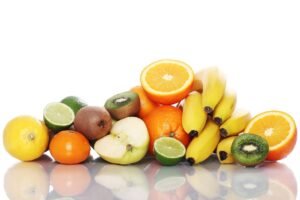
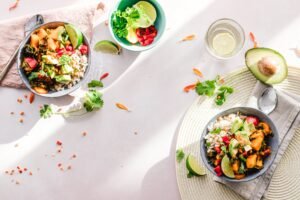
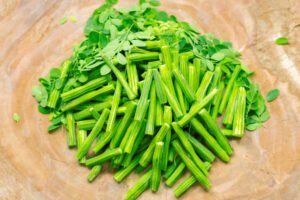
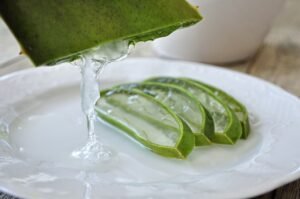

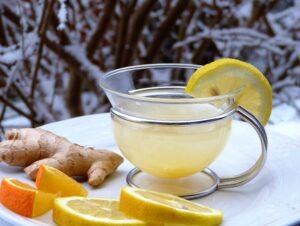
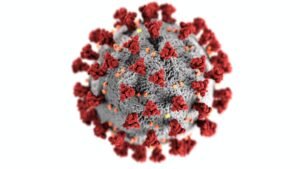
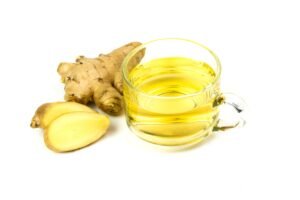
2 thoughts on “Organic vs Inorganic Food: A Healthy Lifestyle Choice”